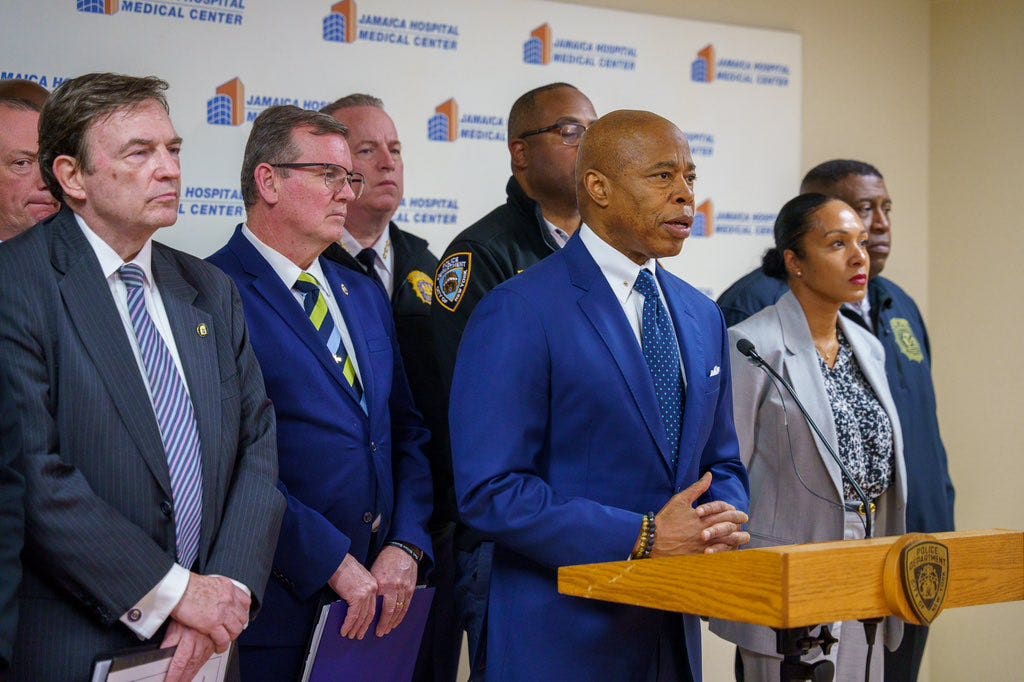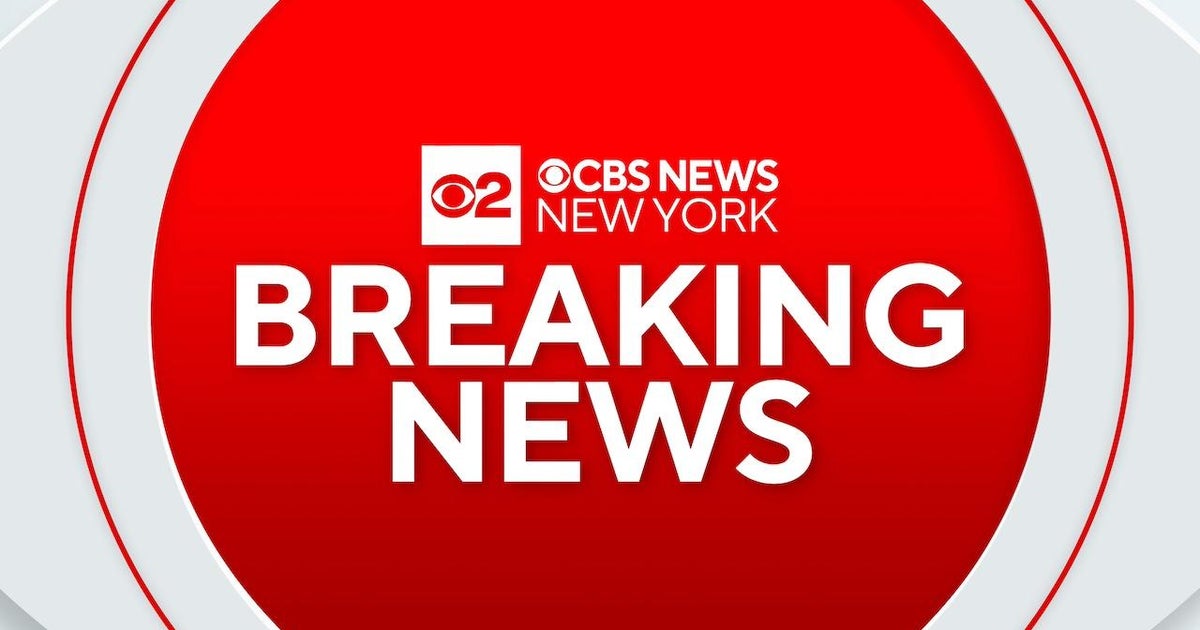Summary:
$9 initial toll for congestion pricing in NYC approved by MTA board.
Toll will increase in phases to $12 and then $15 in subsequent years.
Program aims to fund NYC's public transit system and alleviate traffic congestion.
Significant opposition from Long Island communities and drivers remains.
Implementation is scheduled for January 5th, 2024 following a public education period.
NYC Congestion Pricing: Lower Tolls Approved, But Controversy Remains
The MTA board has approved a congestion pricing plan for New York City, setting the initial toll at $9 through 2027. This marks a significant step forward despite facing considerable opposition.
Lower Tolls, Phased Increase
Governor Kathy Hochul's revised plan significantly reduces the toll compared to previous proposals. The toll will increase in phases: $12 from 2028 to 2030, and $15 in 2031.
This plan aims to fund the city's public transit system, including projects like the Second Avenue Subway and the purchase of electric buses.
Public Education and Implementation
The MTA will now begin a public education campaign to inform drivers about the upcoming changes. The program is scheduled to start on January 5th, 2024, after final agreements are signed. The toll will apply to vehicles entering Manhattan south of 60th Street and will be collected via license plate readers.
Exemptions and Criticisms
Exemptions will be available for emergency vehicles, buses, and vehicles transporting the elderly, disabled, or those with health conditions that prevent using public transportation. Despite the lower toll, critics remain concerned about the financial burden on drivers, particularly those who lack access to public transit.
Long Island town supervisors have publicly opposed the plan, arguing it disproportionately affects those without alternatives to driving.
Congestion Pricing: A Global Trend
Congestion pricing is already implemented in many major cities worldwide, including London, Stockholm, Milan, and Singapore, but this represents a significant step for the United States.
The plan's supporters believe it will reduce traffic and pollution while improving the city's public transportation system. However, the debate over its impact on commuters continues.









Comments
Join Our Community
Create an account to share your thoughts, engage with others, and be part of our growing community.